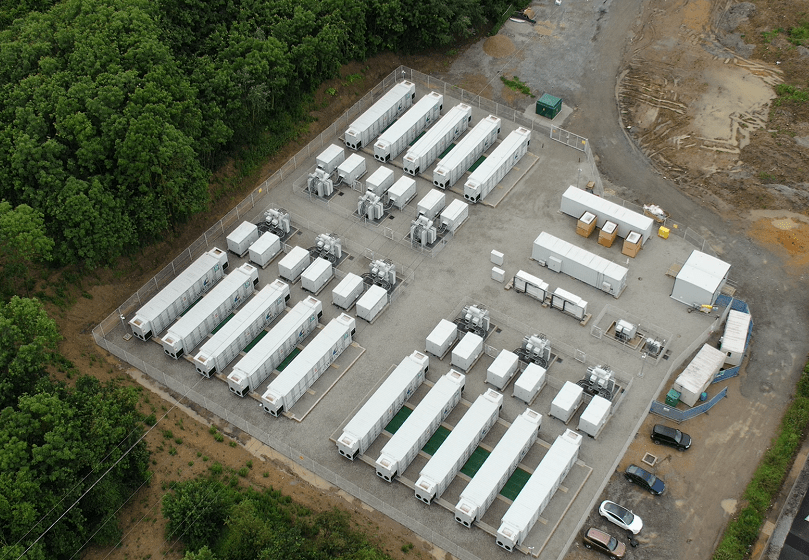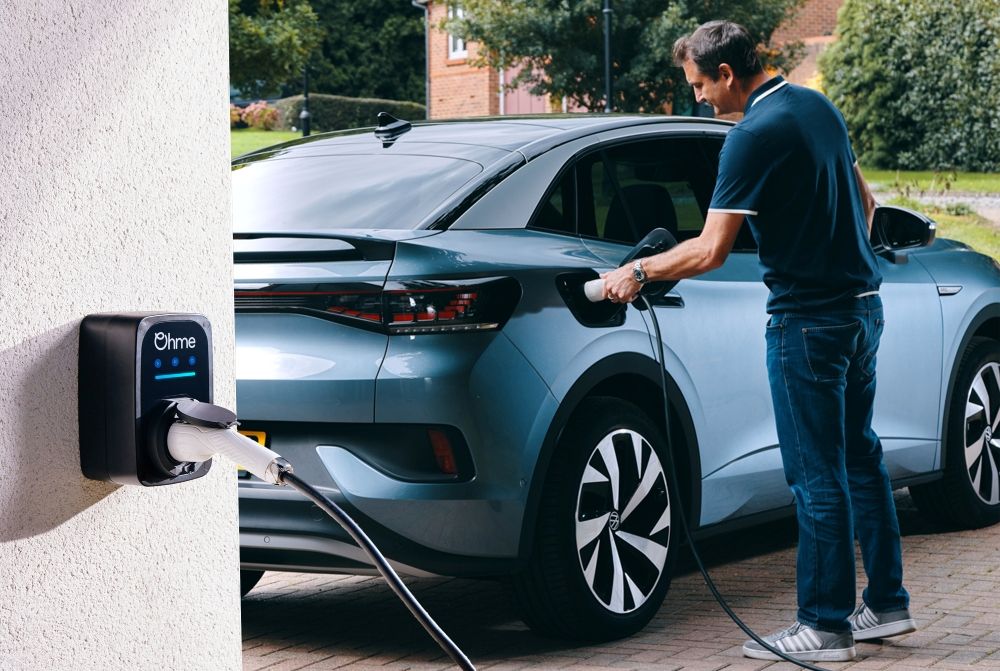Pivot Power, part of EDF Renewables, has won planning approval for two new grid-scale battery storage facilities in Sundon, Luton, and Indian Queens, Cornwall, that will help to support the transition to a decarbonised electricity system and accelerate the UK’s net zero future.
The 50 MW/100 MWh lithium-ion battery storage facility in Sundon is expected to begin construction in early 2023, with the aim of being connected to National Grid’s Sundon Substation later that year.
Once constructed, Pivot Power will also develop a private wire for electric vehicle (EV) charging to help address the national need for rapid charging hubs.
In Indian Queens, Pivot Power will share a grid connection with two other developers, including Renewable Connections, a UK-based renewable energy company, who submitted a joint planning application with Pivot Power.
Both companies have received consent for a 50 MW/100 MWh battery each for construction and connection to the National Grid in 2024. Pivot Power will also support the local community by adding a private wire once the battery is live, helping to bolster the EV charging infrastructure in Cornwall.
The two projects will form a part of Pivot Power’s nationwide rollout of Energy Superhubs, which will deliver up to 2 GW of transmission-connected battery storage and high-volume power connections.
Pivot Power is working with National Grid to develop their innovative Energy Superhub network across the country, helping to provide National Grid with the flexibility needed to manage electricity supply and demand as the UK pivots to renewables.
Alongside a similar site in the West Midlands, which started construction last year, the Sundon and Indian Queens battery storage facilities will replicate core elements of Pivot Power’s Energy Superhub Oxford project, one of the UK’s most ambitious decarbonisation projects to date.
The Oxford site will combine a cutting-edge 50 MW hybrid battery with Europe’s most powerful EV charging network, providing a blueprint for towns and cities across the UK to reduce carbon emissions and support sustainable economic growth.
The current energy crisis, which has led to record wholesale prices on imported gas, underlines Britain’s need to cut its dependency on fossil fuels. Renewables can provide the homegrown power Britain needs, but the existing energy infrastructure must be upgraded to maximise the benefits.
Pivot Power’s smart power infrastructure can help manage the intermittency of renewables and strengthen Britain’s energy self-sufficiency.
To help the UK achieve its ambitious net zero goals, battery storage will be crucial to supporting a smarter and flexible grid. According to National Grid, by 2050, the UK could need over 25 GW of battery storage, up from 1 GW today, to manage renewable intermittency and improve the resilience of the electricity system.
Matt Allen, CEO of Pivot Power, said: “Today’s energy infrastructure is not equipped to support the massive transition to renewables that we need to see in the coming decades. Grid flexibility is essential to future-proof our electricity system and help deliver secure, affordable, low carbon power.
“Pivot Power’s smart power infrastructure will help to manage the intermittency of renewables and improve the resilience of the UK’s electricity system. Working closely with local councils, we will help to create a smarter, more flexible grid and supercharge the path to net zero.”
John Leith, Development Director at Renewable Connections, said: “The Indian Queens consent is particularly important to us because it marks an important milestone in developer and grid operator collaboration. We have worked closely with Pivot Power and National Grid to design and consent a combined battery storage asset suitable for connection at the end of the transmission network in Cornwall.
“Along with Pivot Power’s private wire to support the role out of electric vehicle charging, Renewable Connections are developing a private wire system to connect to one of its solar farm generation assets in Cornwall. This means that not only can our battery storage asset offer grid services and improve resilience, it can do so using locally sourced renewable energy which reduces emissions as well as dependence on imported power in Cornwall.”
Image: courtesy Pivot Power / EDF Renewables











